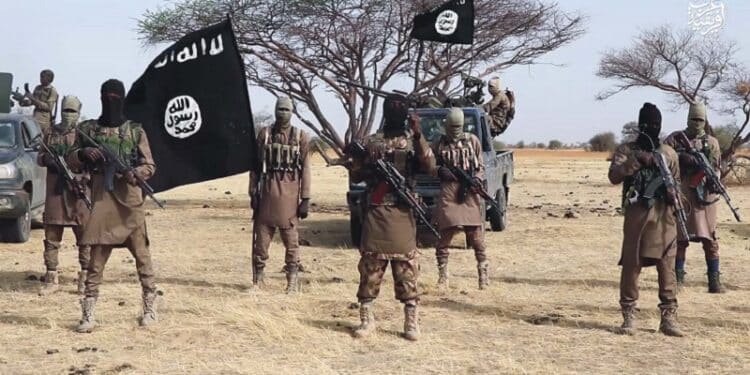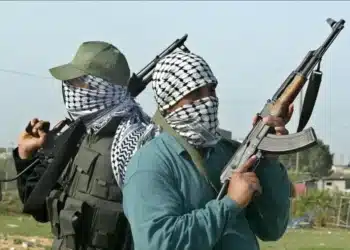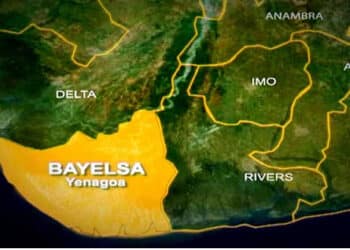A group of hunters, popular in Borno for fighting armed robbers and kidnappers, earlier in the week shot and killed a Boko Haram commander and his deputy during a gun duet in Shafa Taku village, in the southern part of the state.
The two commanders were known for leading a gang of the proscribed group to perpetrate terror on rural communities in the area.
From Shaffa Taku, the Islamist militants set out every day to terrorise folks in Mandaragirau in Biu local government, Sabon Gari in Damboa and other fringe villages in Askira-Uba council areas.
Residents said they forcefully collect taxes, loot foodstuff and rustle livestock in these communities.
They have killed many villagers as well, PREMIUM TIMES reports.
To put an end to the unbridled act of terror, the community contacted the hunters’ group under the leadership of a man, Yohanna, to come to their aid.
The hunters reportedly stormed the Shafa Taku axis of Sambisa Forest, where they confronted the insurgents.
“Yes, we acted on intelligence about the movement of insurgents given residents,” Mr Yohanna said.
Mr Yohanna, said he and his men moved into action upon receiving the information about the terrorists.
“I mobilised my team and stormed the spot at Shaffa Taku, a deserted community in Damboa and luckily we sighted the terrorists numbering more than 20, riding on motorcycles,” he said.
“We engaged them in a gun battle, and we were able to kill the Commander and his Deputy, while several others fled with gunshot wounds.
“We also recovered one motorcycle and one AK47 rifle from the terrorists. Presently, I have informed the authorities of the 231 Battalion in Biu, and we are going to meet today (Tuesday) for onward handing over of the recovered AK47 rifle and the motorcycle,” he said.
Boko Haram or the West African branch of the terror group, Islamic State (ISWAP), has led an insurgency against the Nigerian state since 2009.
The group, whose stated aim is to turn Nigeria into an Islamic caliphate, has caused the death of over 35,000 people mainly in Borno, Yobe, and Adamawa states, where it is most active, according to Global Centre for the Responsibility to Protect, a non-governmental group that mobilises international help for communities at risk of mass criminal acts.










